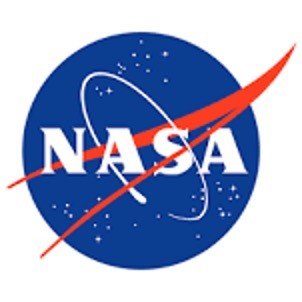 For several years, I had the unique privilege of working with my friend and colleague, Dr. Shirley Garrett, as an adjunct faculty member at the Federal Executive Institute in Charlottesville, VA, a facility that provides leadership training for high-level government executives. I was fortunate enough to be Shirley’s assistant in teaching a class on executive communication.
For several years, I had the unique privilege of working with my friend and colleague, Dr. Shirley Garrett, as an adjunct faculty member at the Federal Executive Institute in Charlottesville, VA, a facility that provides leadership training for high-level government executives. I was fortunate enough to be Shirley’s assistant in teaching a class on executive communication.
One of the benefits of that experience was getting to interact with government executives from every department – from Agriculture to Transportation and the Treasury to the National Oceanic and Atmospheric Administration. Through our interactions and each person’s presentations to the class, we learned about fisheries, education, energy, food and drug safety, healthcare, weather, Medicare, national parks – almost every US government agency. The experience was an education and one that made me proud of the often-unsung work done by these brilliant and talented servants.
It was always fascinating to have NASA executives in the class. Many of these true “rocket scientists” were working on the Mars 2020 project, and their commitment to and passion for the project was palatable. As I watched the activities surrounding the impending landing of the Perseverance Rover on Mars, saw the faces of anticipation in the control room, and witnessed the jubilation when the Rover settled in on the Red Planet, my heart was pounding with excitement and emotion for the men and women who had devoted so much to the project.
One of the things I loved about the televised landing was seeing videos of school children sharing their excitement about the project, and it’s interesting to note that students played a significant part in the mission. Did you know that 28,000 K-12 students from every state and territory participated in a “Name the Rover” essay contest? The winner was Alexander Mather, a 14-year-old seventh grader from Lake Braddock Secondary School in Burke, VA. The words of his essay explaining why he thought the name “Perseverance” was appropriate are inspiring and provide a good reminder for us all.
Here’s part of what he wrote:
Perseverance. We as humans evolved as creatures who could learn to adapt to any situation, no matter how harsh. We are a species of explorers, and we will meet many setbacks on the way to Mars. However, we can persevere. We, not as a nation but as humans, will not give up. The human race will persevere.
Alexander predicted correctly. There were many failures, setbacks, and disappointments on the way to Mars. And there are many failures, setbacks, and disappointments in business and in life, right? Yet, as human beings, we have the ability to persevere, to keep on keeping on.
Be proud and in admiration of those whose perseverance has paid off for society over the centuries. And commit to persevere to reach your ultimate goal.
©2021 Julie Alexander
